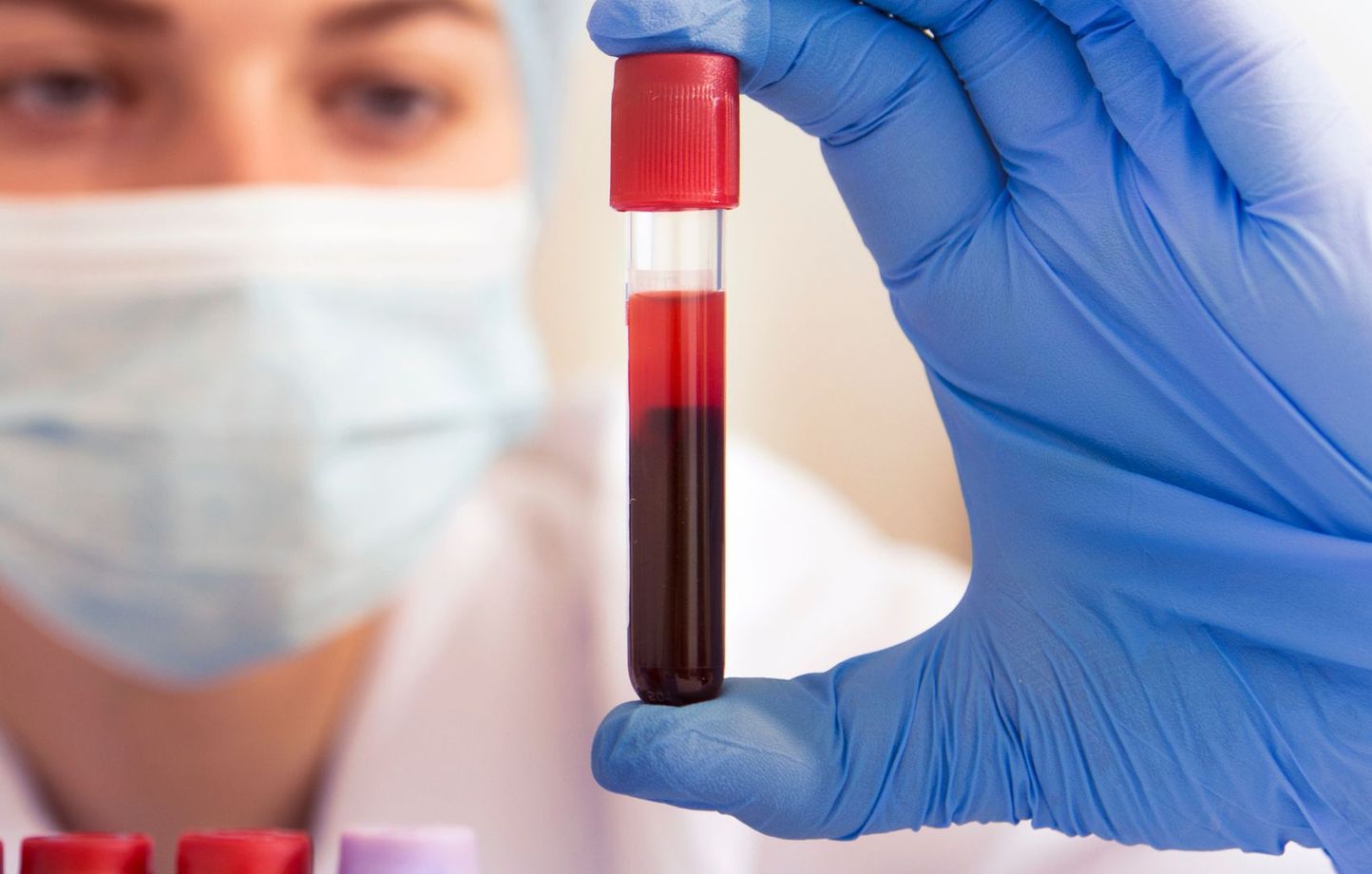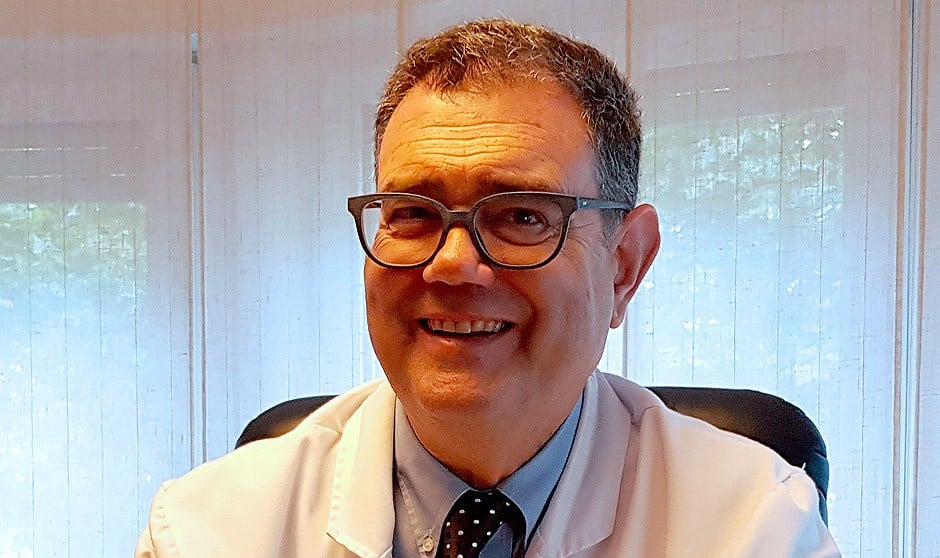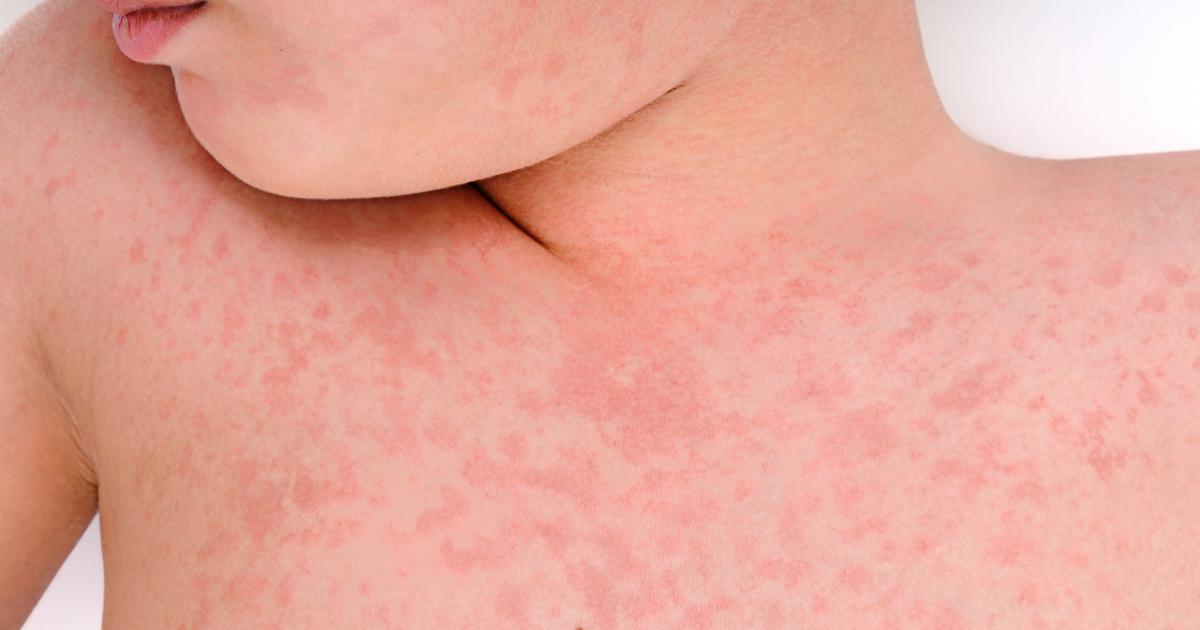Blood test to detect bipolar disorder arrives in France… we tell you all

A simple blood test And after four weeks you know if you have bipolar disorder or not. The test will be possible in France from April 1. If till date, the diagnosis of psychological disorders including bipolar disorder was based only on clinical observation through interview by a psychiatrist, the launch of myEDIT-B is a game changer.
This is the first blood test to diagnose bipolar disorder, a mental disorder in which patients alternate between depressive and manic phases. This test will allow many people with bipolar to be diagnosed – and therefore treated – in time. The revolution affected one to two million people in France. Who is this test for? How does it work? What is its interest? We tell you everything.
Who is it addressed to?
This blood test is for people who have already experienced several depressive episodes and who are likely to suffer from bipolar, especially because they have cases in their family or have had a dramatic and rapid response to antidepressants. Prescribed by a psychiatrist, the blood test must be done at one of the 400 SynLab brand laboratories. “The majority of the population will be less than two hours from a participating laboratory,” explains Florian Scherer, Medical Director of SynLab Network. (For technical reasons), for the moment, we prefer to do it in our laboratories.”
How does it work?
The researchers at Alcediag, a biopharmaceutical company based in Hérault, behind the test started with the idea that the brain is an organ like any other. “When the heart or kidney is damaged, it releases certain disease signals into the blood,” explains Alexandra Preux, president of Alcediag. It is the same with the brain. » These signals or biomarkers can then be captured by blood tests.
For ten years, the company conducted studies to find the distinguishing factors between patients with depression and patients with bipolar disorder. To do this, they dug into RNA and a specific mechanism: RNA editing. “This physiological mechanism is generally found in every person but varies by specific pathologies such as mental illnesses,” the start-up’s president underlines.
Alcediag assures us: the reliability of the test is greater than 80%. “Except for specific genetic studies, it’s rare to have 100% reliable tests,” maintains Alexandra Preux. Although it is not impossible to get false positives, the effect must be qualified as it is only a diagnostic aid tool. After sending the results within four weeks, it is up to the doctor to make the final diagnosis, especially with the patient’s history and family history.
How much does it cost?
An important detail: the test costs between 800 and 900 euros and is currently not reimbursed by social security, so it is up to the patient to foot the bill. “We have a ten-year investment on our own funds,” explains Alexandra Preux. The development of this test was very expensive. We used the latest sequencing techniques.”
The start-up now aims to get reimbursement from health insurance. A clinical utility study is underway to measure the test’s impact on disease progression. It should last two years. To measure its financial interest, an economic study will be conducted later.
What is its interest?
On average, it takes eight to 10 years for a person with bipolar disorder to be diagnosed, and the illness is often confused with depression. For good reason, in some patients, euphoric phases are much less marked than depressive episodes. And the results can be devastating. “If we treat bipolar disorder with long-term antidepressants, it can worsen the pathology by causing rapid cycles,” assures Chantal Henry, professor of psychiatry at GHU Paris Psychiatry and Neuroscience. In these patients, antidepressants should be combined with mood stabilizers to avoid manic episodes.
During these years of medical wandering, the patient’s quality of life can seriously deteriorate. “By reducing the incidence of episodes, people still have impairments, but can function, are at less risk of losing their jobs, ingesting toxic substances, developing anxiety disorders, harming their family and emotional lives, and “suicide attempts. does,” concludes the psychiatrist. .





